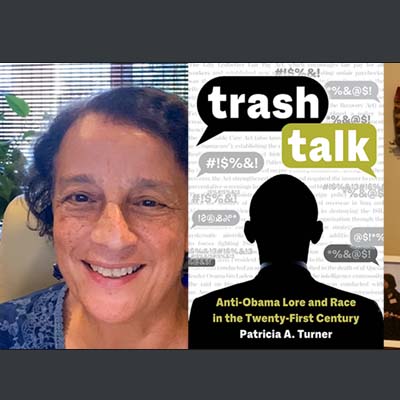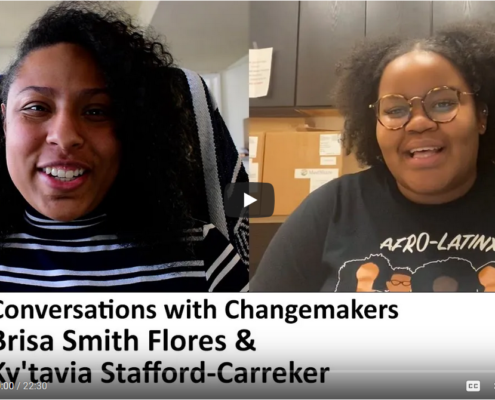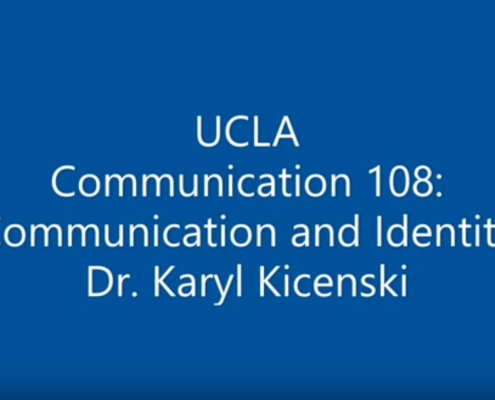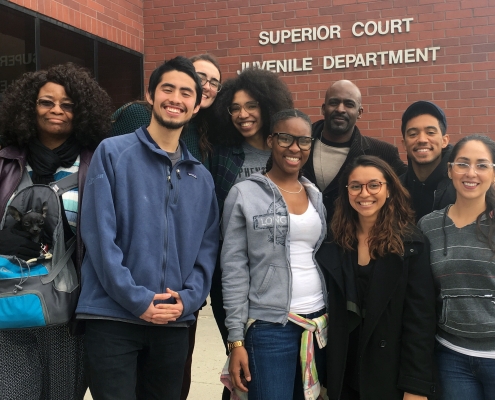Posts

Trash Talk: Anti-Obama Lore and Race in the 21st Century – Video
"Trash Talk: Anti-Obama Lore and Race in the Twenty-First…

LA Social Science Book Series on the Bronze Age and Identity with Professor Aaron Burke
In his new book The Amorites and the Bronze Age Near East:…

LA Social Science Presents “Conversations with Changemakers” Featuring Students Discussing Afro-Latinx Identity
During Latinx Heritage Month, LA Social Science interviewed…

LA Social Science Summer Course Previews: Communication and Identity with Professor Kicenski
As summer 2020 approaches, LA Social Science will be highlighting…

When They Call You a Criminal
By Rosie Rios, Administrative Director, UCLA Prison Education…

